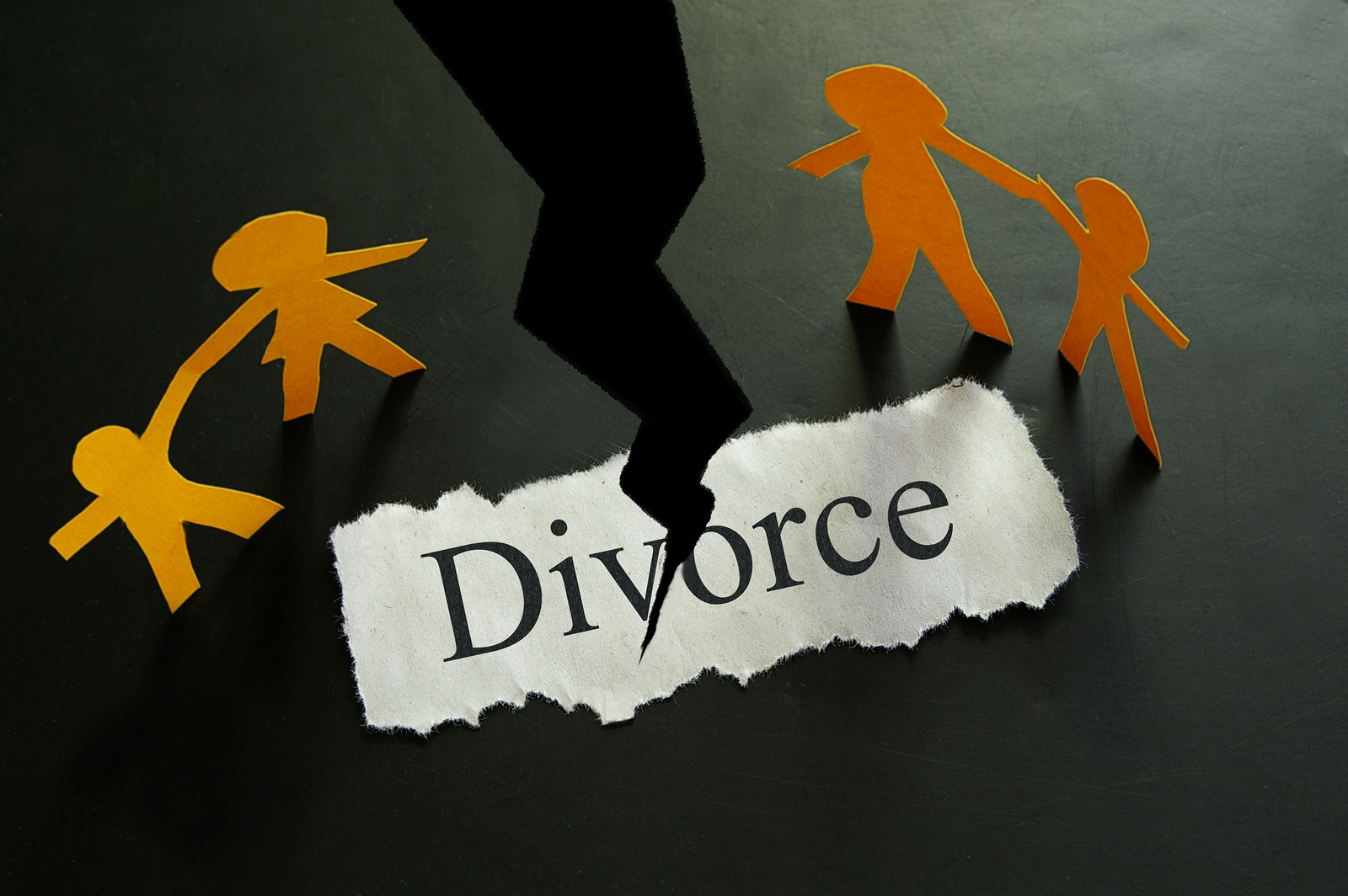My office is pleased to announce that once again Illinois Divorce Lawyer Blog has been recognized as one of the top Divorce Blogs….in fact, we’re Number 16 ! I’d be happier with a Number 1 ranking, but at the end of the day, this is some recognition for what I consider a labor of love to write about Divorce and Custody issues that face my clients…as well as the solutions that my office provides.

” Divorce blogger and attorney Michael Roe is experienced in dealing with high-conflict divorce and child custody cases involving psychological disorders. With his divorce blog, Michael wants to simplify divorce processes and make life better for parties going through a divorce.”
” Going through a divorce is always stressful. During this period of your life, you’ll need emotional support and understanding to better manage the stress in your life. It’s also important to know what your legal rights and obligations are.
 Illinois Divorce Lawyer Blog
Illinois Divorce Lawyer Blog





